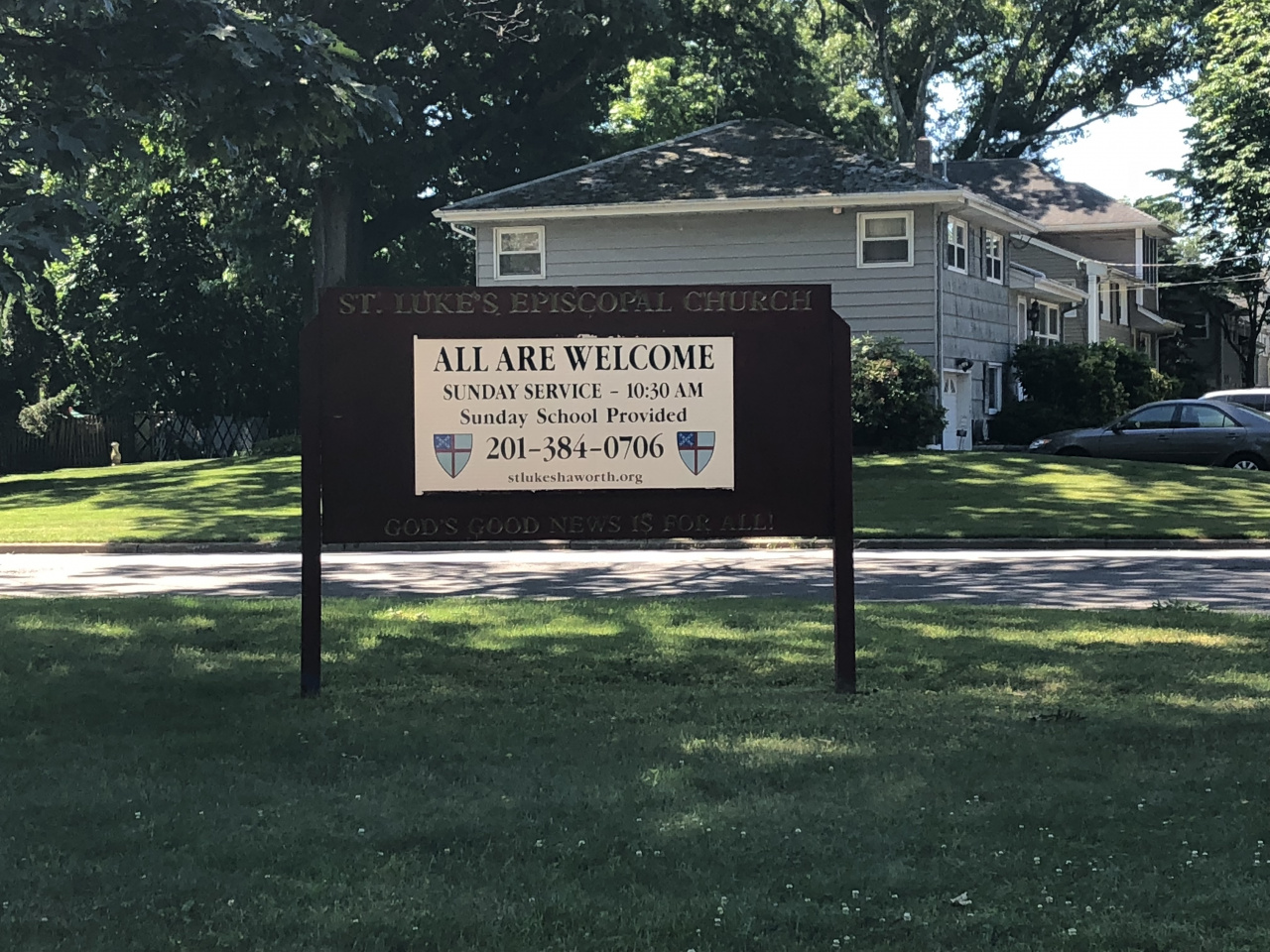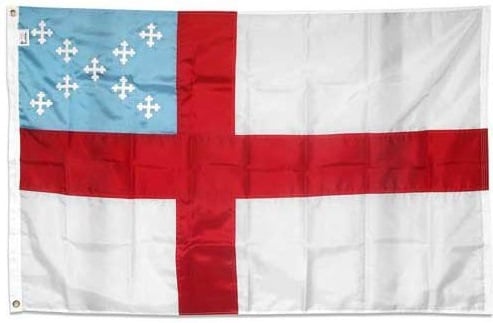HOLY EUCHARIST
| |
Also called the Lord's Supper, Holy Communion, the Divine Liturgy,
the Mass, and the Great Offertory
The sacrament of Christ's body and blood, and the principal act of Christian worship. The term is from the Greek, “thanksgiving.”
Jesus instituted the eucharist “on the night when he was betrayed.” At the Last Supper Jesus shared the bread and cup of wine at a sacred meal with his disciples. He identified the bread with his body and the wine with his blood of the new covenant. Jesus commanded his disciples to “do this” in remembrance of him (see the following Bible passages: 1 Corinthians 11:23-26; Mark 14:22-25; Matthew 26:26-29; and Luke 22:14-20).
The first part of the service is called the Word of God. It usually includes the entrance rite, the lessons from the Hebrew Bible and the letters of St. Paul, the psalm, the gospel (from one of the four books of the Bible about Jesus' life, death and resurrection), the sermon, the Nicene Creed (a statement of what we in the Episcopal Church believe), the prayers of the people, the confession of sin and absolution (wherein the clergyperson pronounces God's forgiveness of sins through Jesus Christ), and the exchange of a sign of peace among the worshippers.
The second portion of the service is designated the Holy Communion. It includes the offertory (offering), the consecration of the bread and wine in the Great Thanksgiving, the communion of the people, and the concluding prayers of thanksgiving and dismissal. A blessing may be given prior to
the dismissal.
Our Services
|
| |
What We Believe About The Eucharist

The Last Supper provides the basis for the fourfold eucharistic action of taking, blessing, breaking,
and sharing.
--The Episcopal Church

Christ's body and blood are really present in the sacrament of the eucharist and received by faith.

--The Episcopal Church

Christ's presence is also known in the gathered eucharistic community.


